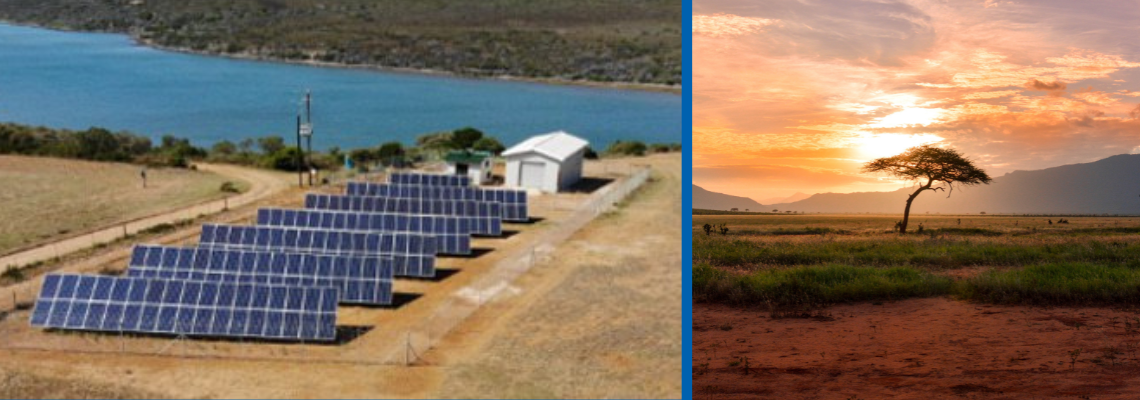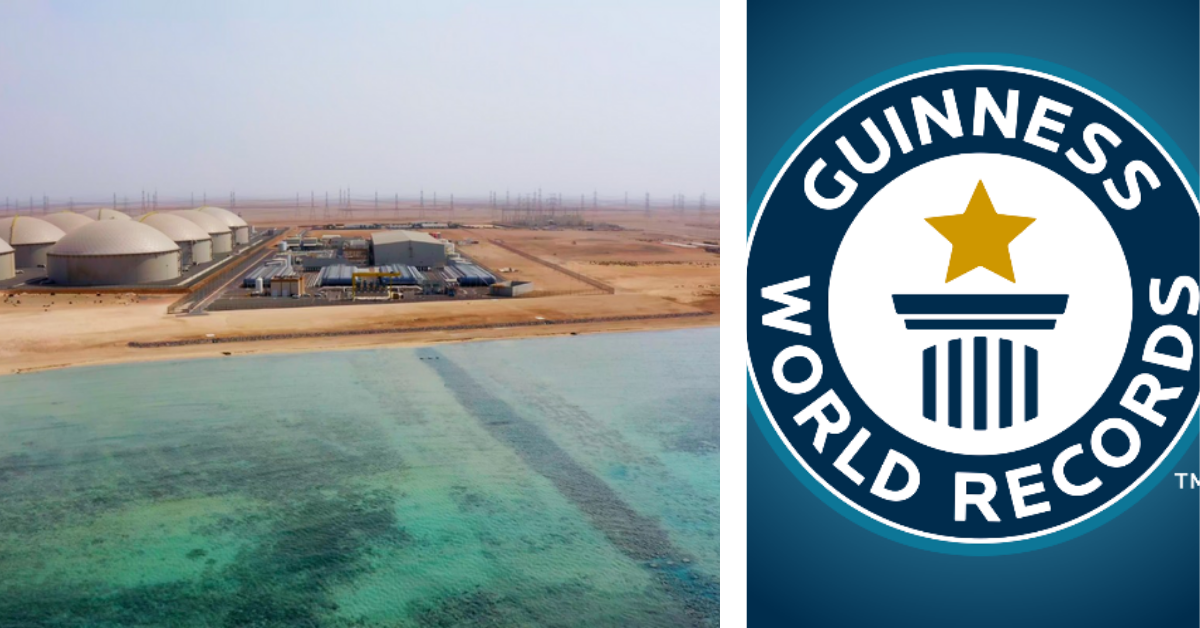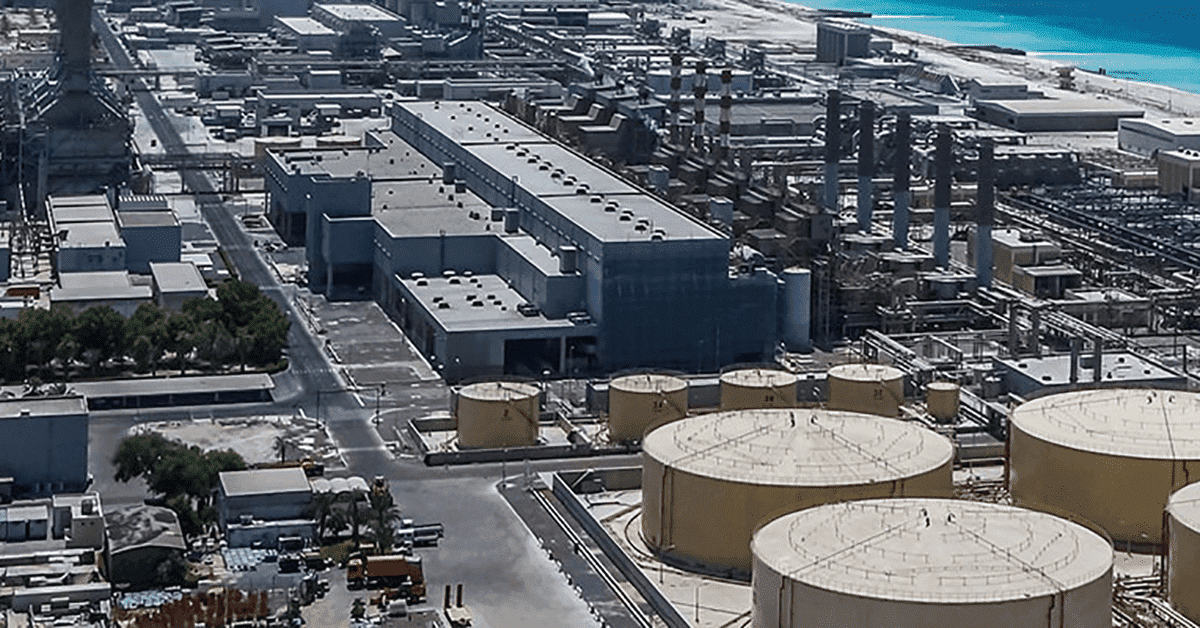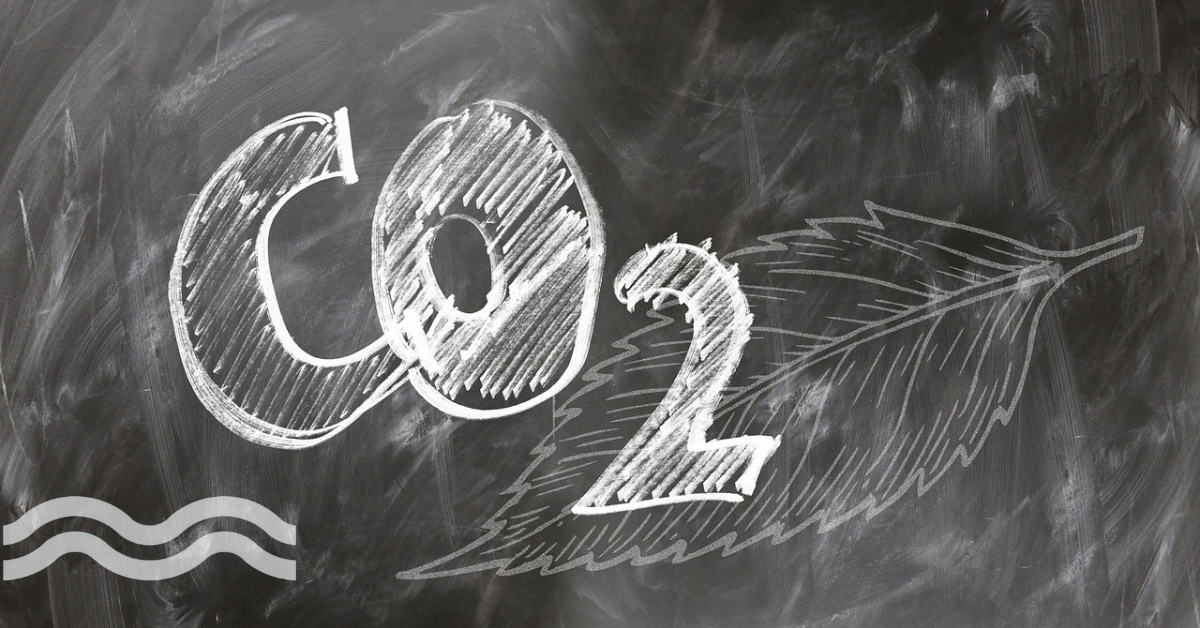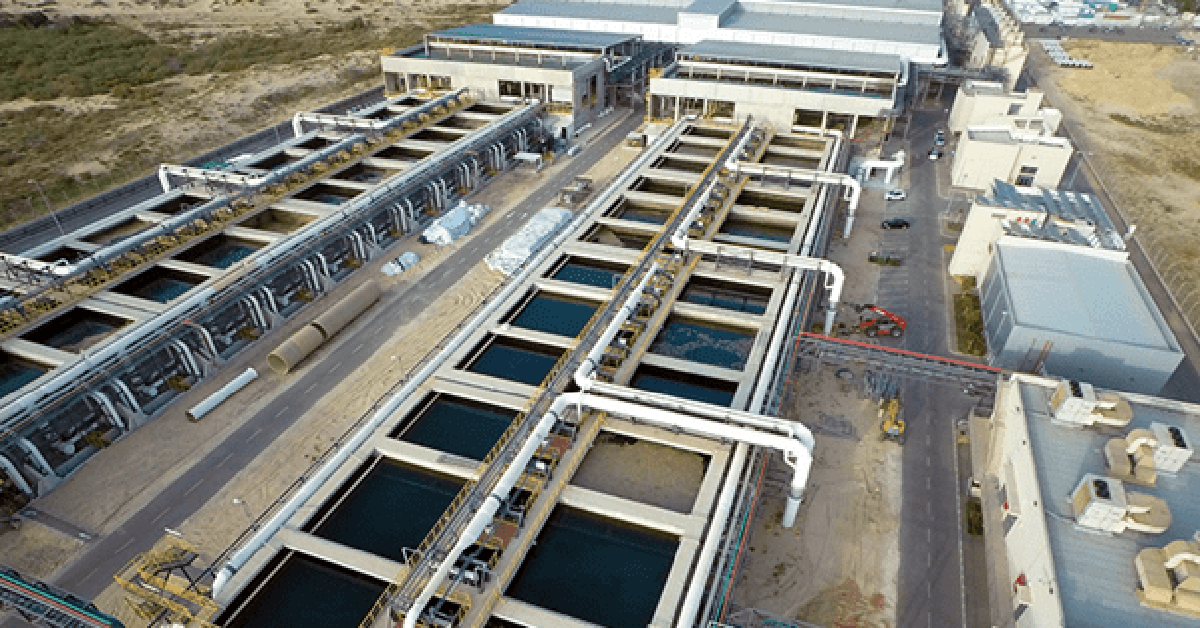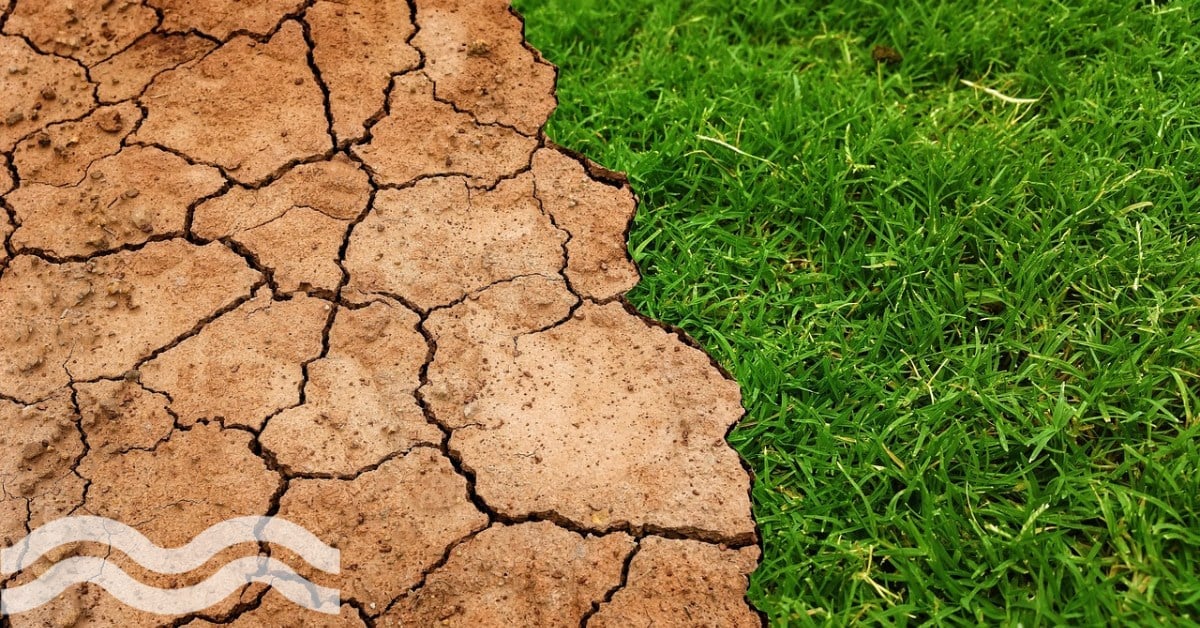Chariots of water: decentralised desalination in Africa
Chariot, a clean energy provider focusing on Africa, has acquired Singapore-based Eneo Water PTE to install decentralised renewable energy water desalination systems in Africa.
Chariots of water
Chariot, a clean energy provider focusing on Africa, has acquired Singapore-based company, Eneo Water PTE, to install decentralised renewable energy water desalination systems in Africa.
Eneo Water PTE has developed modular and scalable decentralised desalination systems that can be deployed in remote areas, such as Africa.
It comes after Chariot recently signed one of the largest green hydrogen projects in Africa, the Nour project.
Chariot said it intends to provide affordable access to water for private off-takers and municipalities in Africa, as part of its commitment to socially responsible development.
The development is part of the plant to originate, invest in and own decentralised water supply projects, where the water is produced through renewable energy so it can be sold.
Increasing drinking water treatment
The next phase of the plan will be to establish a brackish water treatment project at the 60 MW Ghoubet wind farm, in the Republic of Djibouti, to provide drinking water to the local communities over the next 20 years.
Water is a precious commodity with cleanliness, scarcity and sustainability of supply becoming growing themes throughout Africa.
Chariot said this phase will be the proof of concept of ENEO's modular and scalable reverse osmosis technology that can be 100 per cent powered by solar energy to produce desalinated water.
“Water is a precious commodity with cleanliness, scarcity and sustainability of supply becoming growing themes throughout Africa," said Benoit Garrivier, head of Chariot Transitional Power.
He added: "The treatment of brackish and contaminated water is an important consideration for commercial and industrial companies and desalinated water is also an important component of green hydrogen production."
Should the proof of concept be deemed a success, Chariot said it will look to expand the offering on the continent.
Renewables and reuse offer a lifeline
For a long time, Africa has been experiencing severe water scarcity.
By 2025 almost 230 million Africans will be facing water scarcity, and up to 460 million will be living in water-stressed areas, UN Water/Africa predicted.
As a result, the continent is turning to desalination and water reuse as viable lifelines.
Recently in Namibia, the German development bank, KfW, announced it will finance the next Direct Potable Reuse project in Windhoek, Namibia’s capital city.
KfW will invest more than US97 million in the country with more than US$43 million set to go directly to the water supply in central Namibia through the construction of the Direct Potable Water Reclamation Plant II (DPR 2).
Elsewhere, Egypt tendered a $1.5 billion renewables-powered desalination plant as the country looks to get ahead on its imminent water challenges.
The proposal would see the construction of a 400-megawatt solar-power facility and a desalination plant that would have the capabilities to process up to two million cubic meters of seawater per day.
Share your water technology stories with us
Do you have an innovation, research results or an other interesting topic you would like to share with the international water technology industry? The Aquatech website and social media channels are a great platform to showcase your stories!
Please contact our Sr Brand Marketing Manager Annelie Koomen.
Are you an Aquatech exhibitor?
Make sure you add your latest press releases to your Company Profile in the Exhibitor Portal for free exposure.
We promise never to send you spam and you can unsubscribe at any time!
